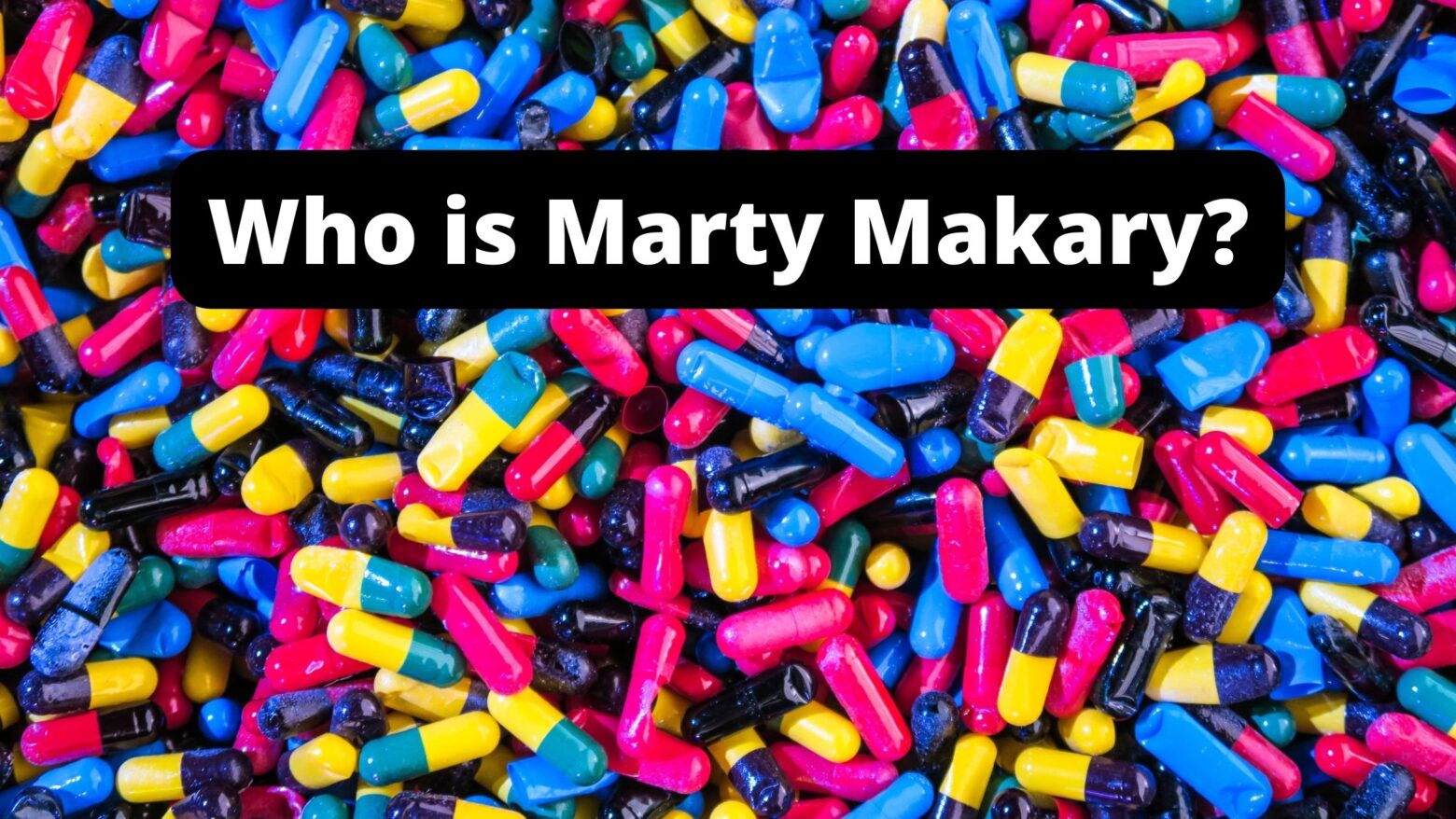Dr. Marty Makary is a Johns Hopkins University surgeon and public policy scholar. He is the author of two New York Times bestselling books, Unaccountable and The Price We Pay, and writes for The Washington Post and The Wall Street Journal. Dr. Makary was elected to the National Academy of Medicine and worked as a leader in the World Health Organization Patient Safety Program.
Works
Dr. Makary is the director of Islet Transplant Surgery at Johns Hopkins. He has received the National Pancreas Foundation‘s Nobility in Science Award and has served as a visiting lecturer at over 25 medical institutions. He has over 250 peer-reviewed scientific publications to his credit and has served on various editorial boards. The Association of Business Journalists has awarded Dr. Makary the 2020 Business Book of the Year Award for his most recent book, The Price We Pay.
Social Media
Read more about the Author here.
Inspiring Talks by Marty Makary
Interview
Notable quotes
- “U.S. surgeons operate on the wrong body part as often as 40 times a week.”
- “It’s ironic that the federal government already has a mandatory disclosure rule for the real out-of-pocket costs people incur at a vulnerable time in their lives. But it’s not a rule for health care—it’s for funeral homes. The Funeral Rule,18 enacted by the Federal Trade Commission in 1984, requires funeral providers to offer itemized pricing information to consumers before they purchase any services.”
- “So how is it that health insurance costs have been skyrocketing? It’s explained by the money games of medicine, loaded with middlemen, kickbacks, and hidden costs.”
- “Consider this simple fact: Last year, physicians prescribed a record 4.5 billion medications.2 That’s about double the number we prescribed just a decade ago. Did the incidence of disease double in the last ten years? Of course not. Most of the doubling represents pills that could be avoided with lifestyle changes or more judicious prescribing. More than half of Americans are now on four or more medications, according to Consumer Reports.3 As if that’s not shocking enough, my research team published a study showing the average person on Medicare is on twelve medications.4”
- “Our team eventually identified about 1,100 U.S. churches, synagogues, and mosques that served as vascular screening centers13—despite a scientific consensus that people should not be screened this way for this disease.”
- “When I go to policy conferences and hear experts say “The only important thing in health care is outcomes,” I feel torn. I want to agree with them, but I know the subtleties involved in how the starting population is defined. If you have unnecessary surgery with no complications, that’s not a great outcome.”
- “…I was often reminded of the deep trust people have in their doctor. Patients are willing to let me put a knife to their skin within minutes of meeting me, or to divulge secrets they’ve kept for a lifetime–just because I’m a doctor.”
- “We’re subtly taught a bias toward treatment rather than restraint.”
- “The shocking truth is that some prestigious, large hospitals have four to five times the complication rates of other hospitals in the same city.”
- “At most of the ‘reputable’ hospitals at which I trained, quality was highly variable and teamwork notoriously lousy.”
